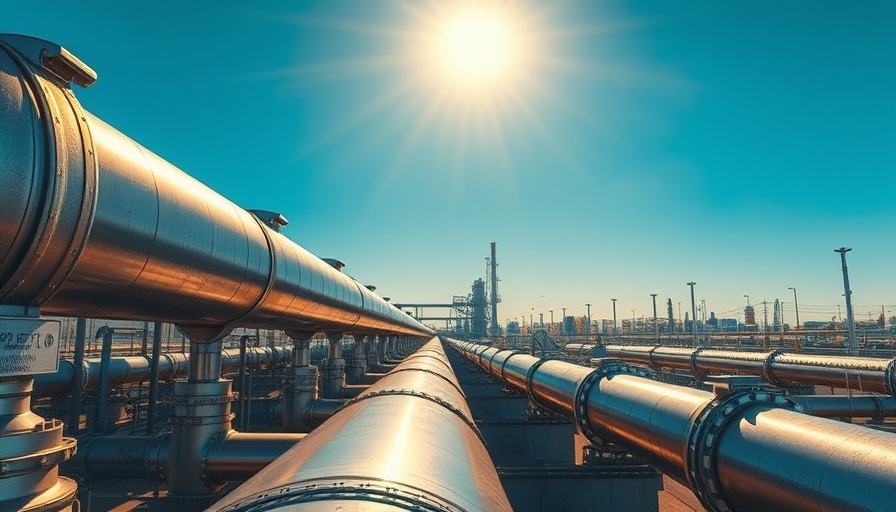
The Future of Naval Operations: Egypt's New Tugboat
The delivery of the first RAstar 3200-W series tugboat, named Ras Alhekma, marks a pivotal advancement for the Egyptian Navy. Built at Alexandria Shipyard, this state-of-the-art vessel is not just a piece of maritime machinery; it's a crucial backbone supporting naval operations in the Mediterranean region. Its innovative design, including a unique sponsoned hull form, offers superior towing and seakeeping performance essential for both defense and logistical support.
Naval Innovation and Shipyard Capabilities
With Alexandria Shipyard being one of the leading shipbuilding facilities in Africa, its capabilities have come under the spotlight. By utilizing its own technical team for the production design, the shipyard not only bolsters local employment and expertise but also strengthens national security through self-reliance in naval resources. The Ras Alhekma's delivery signifies a shift towards advanced technological integration within the Egyptian Navy, a direct response to the increasing demands of modern naval warfare.
Performance Metrics: A Tugboat That Delivers
The technical specifications of Ras Alhekma reveal its robust nature, boasting a bollard pull of 86 tonnes and a maximum speed of 14.1 knots, both of which exceeded initial performance requirements. This level of efficiency in a tugboat is worth noting, as it indicates not just capability but also a reliability that is needed in critical escorting roles. Such performance metrics remind us that each tugboat is a linchpin in maritime operations, often working behind the scenes to ensure larger vessels operate smoothly and securely.
The Broader Implications for Marine Security
The introduction of the RAstar series comes at a time when maritime security is paramount. The strategic location of Egypt along vital shipping lanes amplifies the importance of having a capable naval fleet prepared for both escorting duties and emergency responses. With tensions in the Mediterranean rising, the ability to utilize advanced tugs capable of maneuvering swiftly and effectively creates a strategic advantage for the Egyptian Navy.
Education and Job Creation in Shipbuilding
This development also opens up opportunities for local educational initiatives focused on maritime technologies. As shipbuilding projects like the RAstar series expand, there is a growing need for skilled workers familiar with the latest technologies. Alexandria Shipyard can become an educational hub for aspiring engineers and technicians, thereby encouraging local talent to participate in national defense efforts and economic development.
Conclusion: Looking Forward
The successful delivery of the Ras Alhekma tugboat marks a significant milestone for Egypt's naval capabilities. It embodies the marriage of traditional shipbuilding expertise with modern technology, setting a precedent for future projects. As the Egyptian Navy continues to evolve, the lessons learned from this and subsequent vessels will shape the future of maritime operations in the region.
It's a thrilling time for naval affairs in Egypt, which anticipates that the introduction of this tugboat series will lead to enhanced maritime security and more robust law enforcement capabilities on the sea.
 Add Row
Add Row  Add
Add 




Write A Comment